Arch
443/646: Architecture and Film
Fall
2006: Course Home Page
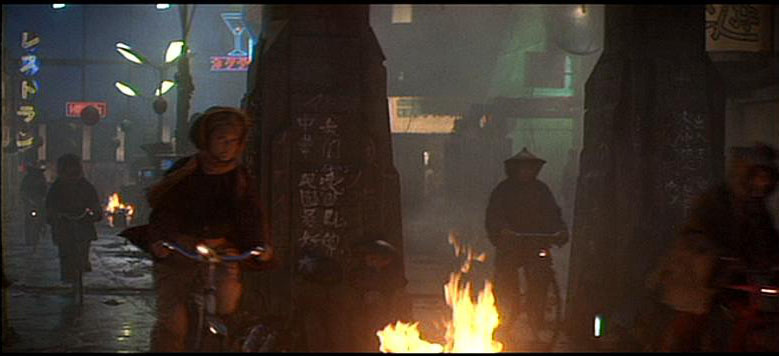
dystopia_and_fear
Wednesdays 10:00 to 2:00, Cambridge, Main
Floor Lecture Hall
Please note: With the exception
of the first class/film, the class will begin at 10 a.m. with discussion/responses
to the previous week's film. The film listed for the week will start
around 11 a.m. "Visitors" will always be welcome to the
class.
Course Description:
This course explores the relationship between Architecture and the development
of early and modern films. Students will look at the source and portrayal
of architectural expression in film: precedents for imagery, its relationship
to the development of early modern architecture, and its vision of the
urban future. Contemporary and futuristic architecture will also be examined
in recent films to study its expression of the vision of the future of
urban built form.

Film gives us the rare opportunity to completely question all that has come to be accepted in terms of the language of architecture as well as architectural and historic convention. Vitruvius claimed architecture was composed of the triple essence: strength, utility, and aesthetic effect. Sir Henry Wotton (1568-1639) quaintly changed this to, 'commodity, firmness and delight.' It would be safe to say that the majority of architecture that has been created to date has attempted to follow this dictate.
Why then, has much of the interesting film architecture, been used to both create and support environments and social situations whose purposes are more dystopic and that attempt to create fear in the occupants?
The final student film productions will also be asked to both question and address this issue in their subject matter and formal expression. The question will be asked, and answered: How do we build buildings? How do we build movies? How can we architecturally manipulate environments in film to distort realities? How is this done. Using models? By manipulating actual architectural sets? By creating digital or animated environments.

We will be using FinalCutPro to make our films this term. The films will be required to manipulate their environments to produce a dystopic theme or feeling in their use of space in the film. How the effects are achieved is completely up to you.
The undergraduate and graduate work will also require the creation of a website using Dreamweaver. Masters student will prepare more "advanced" text intensive research related websites. Tutorials in both of these softwares will be provided. The website will create distinct topics related to the theme of dystopia and fear. A reflective piece will be published in a similar mode to the "Zero Gravity Environments" work from the Fall 2005 term.
Students wishing to explore some of these ideas using iMovie, are recommended to look at some additional plug-ins that are available at http://www.imovieplugins.com/ that enable rotation of movies and adjustment of image height (when it goes sideways...). This is not meant as an endorsement of the product. It just works and the plug-ins are relatively inexpensive.... invert clip, angle clip
Pedagogic
Objectives:
The course is
intended to develop a critical perspective of the use of architecture in
film. Students will learn to examine both the medium of film and the form
and style of architecture as they relates to the development of both film
media and culture. Students will engage in research to understand the choices
and expression of architecture used in film, as well as the relationship
between the idea of the future and its relationship to both built and natural
environments.
Completion
Requirements:
The course
will be run in a seminar format. Each week we will view a film,
discuss its relevance to architecture, culture, environments, and
the perception of all three. The discussions will take
place in a “for credit” mode. Attendance is mandatory.
Two missed classes will constitute failure of the course.
 web
page for selection of topics for final dreamweaver assignment now ready!
web
page for selection of topics for final dreamweaver assignment now ready!
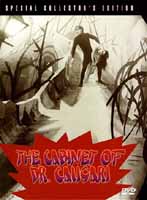 September 13
September 13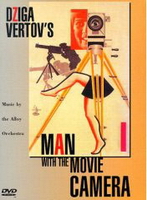




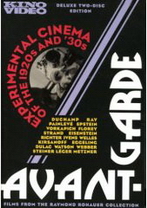 September 27
September 27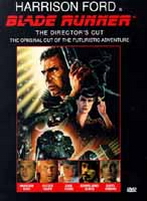 October 4
October 4


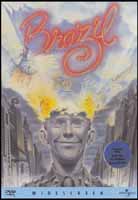
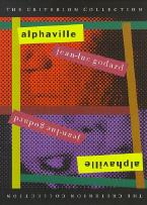 November
8
November
8
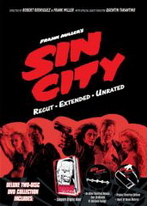 November
22
November
22